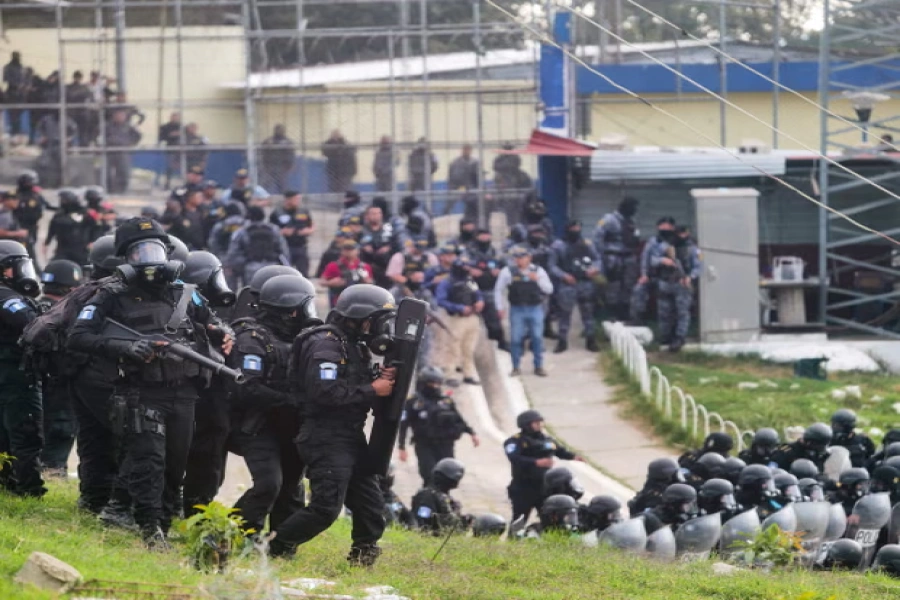The Kutumba studio had gone through a wave of change since my last visit five years ago. Though the interiors remained the same, the instrument galore spoke of their achievements over the years. It was further remarkable that the smoggy cigarette fumes had also settled. Also, all members seem to have aged; even the youngest, percussionist Siddhartha Maharjan, is now a proud father of a baby boy.
In the studio, located amidst an intricate web of alleys in Patan was Bir Bahadur Bishwakarma -- a visually impaired tungana player from Sindhupalchowk. He had recently arrived in Kathmandu for his second collaborative gig with Kutumba. Upon arriving, the 34-year-old musician sat quietly tuning his rusty instrument. Like his instrument, Bishwakarma also appeared ragged, and a wee bit tired after the long commute. However, Bishwakarma isn’t a new face in Kathmandu.
“I come to Kathmandu at least once a year, during Buddha Jayanti or in the month of Saka Dhawa. These are the best times to earn a few hundred rupees to take back home,” stated the tungana player who busks in Baudha, or Swyambhu Nath while in Kathmandu and in village junctions when he is in his hometown. However, he revealed that he wasn’t content with his earnings.
“The people of Sindhupalchowk are familiar with my music. They’re fed up of listening to the same old tunes. My earning was more satisfying a few years back, but since the China border got sealed after the eqrthquake in 2015, my audience has been limited to the village people,” he said.
Disabled-friendly overhead bridge to be built at Kusunti

The tungana player blends his music with soulful lyrics relevant to his own life. He sings songs of sorrows, hardship, and his misfortunes. Though subtly, he didn’t shy away from sharing that bad luck had followed him since birth. He longs to engage in activities in the fields like any other Kanglang villager, but his disability prevents him from doing so. Bishwakarma’s survival purely depends on his tungana that he learned to play some 11 years back.
Apart from tungana, he is also an avid murali player but is not equally confident to showcase his flute skills. As we continued our conversation, I asked about his family. He replied, “I have two daughters, one son and one wife.” Percussionist Raju Maharjan instantly queried, “Only one wife?” The room burst out in laughter with his remark.
Amidst the laughter, Bishwakarma continued as he took a sip of his tea, “We were left devastated after the earthquake. We almost had to lose one of our daughters too. Following the earthquake, we were compelled to call a makeshift canopy our home for two years.”
Bir Bahadur and his family recently received a cash relief to rebuild their fallen home. With the government aid and a loan of an additional 100,000 rupees, he has managed to install four pillars and construct walls around them. However, his house is still incomplete as the structure lacks a key feature – the roof. Even now, to collect fund to establish a roof overhead, he depends on his tungana. In his effort, the Nepali folk ensemble, Kutumba has been of great help.
“Kutumba has not only provided me with a platform to showcase my talent. They’ve also introduced me to numerous helping hands. Previously, when I came to Kathmandu to earn my living by busking in the streets, I would hardly take home 1500 rupees in three days. But when I perform in shows with Kutumba, I am happy with my earnings,” he expressed.
Bir Bahadur Bishwakarma was a random YouTube find by Kutumba’s manager, Arun Gurung. Gurung, in our previous conversations, had mentioned that Bishwakarma was the epitome of Nepali blues singer. “His spontaneous lyrics and the husky voice distinguishes him from other singers,” he said.
The bluesman also has responsibilities towards his children. Despite the hardship and the task of rebuilding his fallen home, he has somehow managed to keep all his children in school. He carries high hopes from them and wants all of his children to live a better life.
By now, Bir Bahadur Bishwakarma has established himself an online sensation. His performances are captured by various YouTube channels. In most of his videos, he is featured in a modest pair of daura-and-surwal and his black tungana with an eagle carving as its head. In this journey to Kathmandu too, he brought the same instrument expecting to present another chapter of his life, and in return take home another installation for a roof overhead.






































